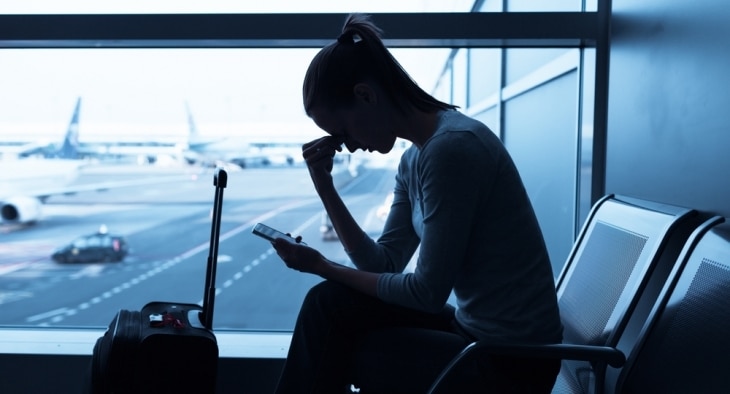Reading Time: 10 minutes
A holiday should be about relaxing and forgetting about the stresses of everyday life. But, there are people out there who want to rip you off and take your hard-earned money. That’s why it is so important to be aware of potential holiday scams.
Nothing spoils that chilled-out mood more than when you’re ripped off, so we’ve put together 12 holiday rip-offs scams to look out for on your travels.
1. The Taxi Trap
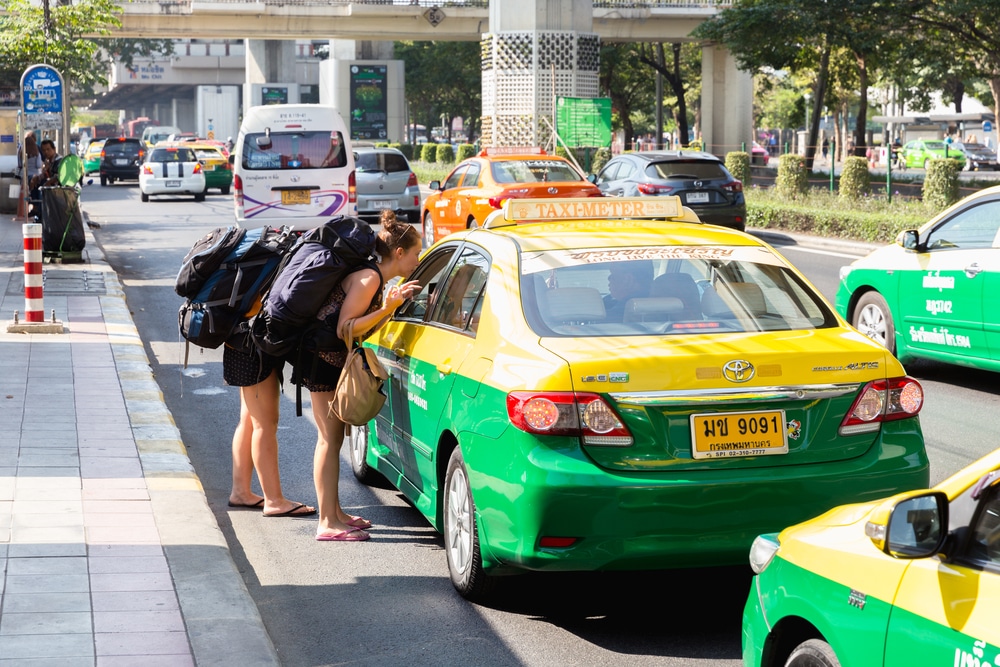
Taxis can be a cheap way of getting about when you’re on holiday. However you need to be careful that you don’t get taken for a ride in more ways than one: unnecessary detours, excessive prices and shady additional charges are the most common ways to raise the price for a taxi ride.
To avoid such rip-offs, settle the destination and a fixed price before departure. You should also ask the driver to show his licence and a taximeter. Prepare yourself for a journey by finding out the normal taxi prices of the region you’re travelling to. Use Google Maps to set the journey on your phone and follow along – if the driver appears to be going the long way around, speak up to ask why they aren’t taking the most direct route. There is sometimes a legitimate reason, such as roadworks, but it is always best to check.
If possible, pre-book a taxi using an app like Uber. This will set the price for you ahead of time and help you see the route that is planned.
2. Rental Car Rip-Offs
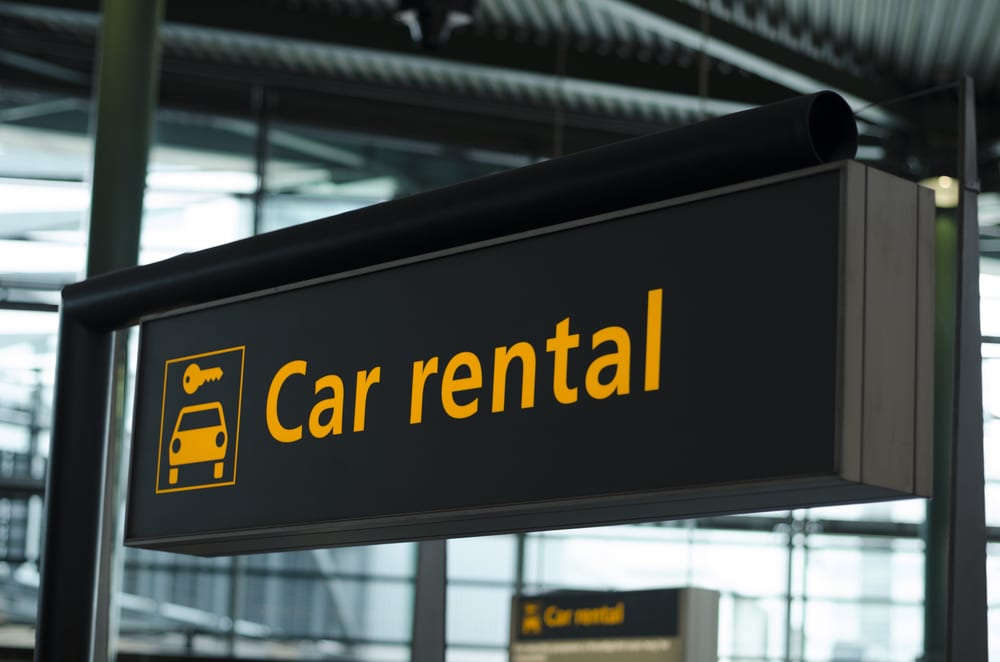
A rental car’s a decent alternative to taxi fares if you’ll be doing lots of moving around. It helps you stay in control of your trip and means you can take detours to explore less touristy places.
When renting a car, watch out for so-called ‘full-empty offers’. Here, you’re offered to rent a fully-fuelled car and return it with an empty tank.
Of course, what normally happens is that you don’t use the full amount of fuel and return their car with an half-empty tank, leaving you out of pocket and the rental company laughing all the way to the bank. Always choose to return the car with a full tank – that way you’re only paying for the fuel you use.
You should also thoroughly check the car before driving away. Ask for a document noting any damage (dents, scratches, broken locks etc) if it isn’t offered. Take photos or a video of the car when you pick it up, before you drive it away.
Ask about breakdown cover and insurance, too. Sometimes the excess is ridiculous, or simple things aren’t covered. For example, in Iceland, car doors often aren’t covered because strong winds will commonly blow them so hard when they’re opened it can damage them. The same goes for windscreen cover.
Finally, check the deposit terms. Some places might seem like a cheap hire but insist on a £1500-or-more ‘holding deposit’ on your credit card. This is to cover the insurance excess if something happens. However, the amount will be deducted from your credit card before you leave. You then need to request the refund when the car is returned. It can take several weeks to get the refund processed.
3. Tip Trap
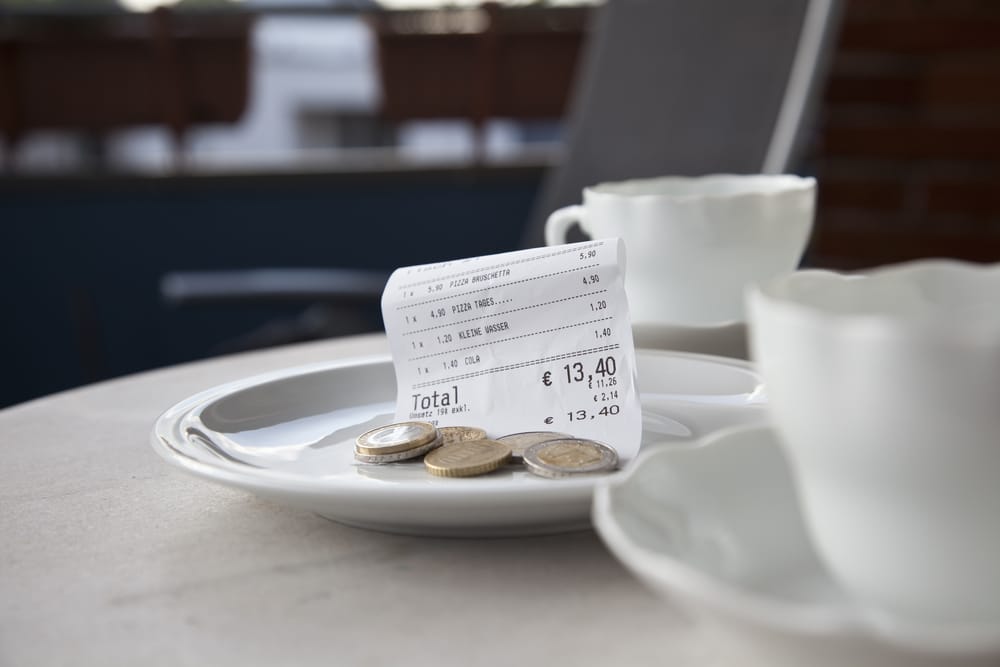
Know how much your bill ought to come to and make sure you check it before you pay. The ‘free’ bread basket often isn’t, and many places in Europe make you pay for tap water too. If a charge isn’t advertised on the menu, dispute it on the bill. Hidden service charges are the most common. Check how many drinks you ordered and were added to the bill – this is a common scam to add one or two extra glasses of wine or beer, as alcohol has the highest profit markup.
It’s also advisable to research the ‘tip rules’ of the country you plan to travel to so you know how much you’re expected to leave as a gratuity.
4. Credit Card Spies
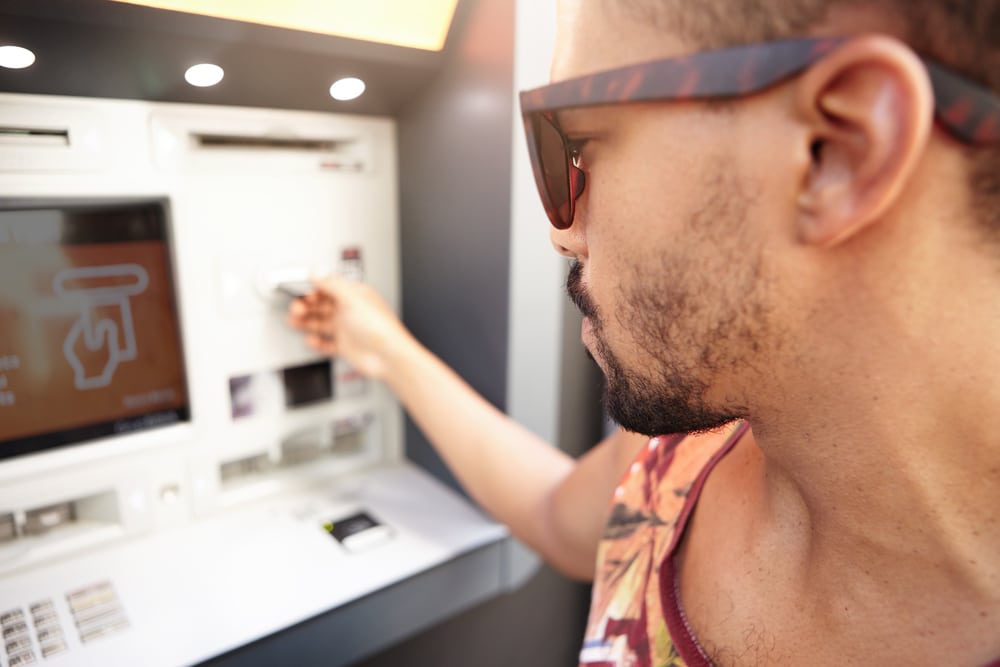
If you don’t want to get into trouble by paying with cash in foreign currency then you can easily pay by debit card. Watch out, though. Rigged card readers may spy on your data and fraudsters could go shopping at your expense. And NEVER leave your credit card unattended! If the buttons on a card machine seem to be stiff to push, you struggle to get your card in or out, or it looks like there is something stuck over the card reader, go somewhere else or use cash.
When you’re standing at an ATM, make sure nobody is standing close behind you to see your PIN.
Most credit card companies offer a service notifying you of any transactions by text message. Ask for a receipt after every payment, check it and keep it.
Keep your card PIN and your phone unlock PIN different from each other. It is a known scam to watch tourists as they unlock their phone and then trail them until they can steal your wallet and use the PIN at the cash machine.
5. Avoid leaving valuables in your hotel room; always use a safe for storage and take a photo of the items inside. If there is no safe, ask for a hotel safe and get a receipt for the valuables stored. Use a handle lock or place your suitcase against the door when in your room for added security. Be discreet about sharing your room number to avoid attracting thieves.
When using public internet, ensure you are on a secure connection and consider using a VPN service like NordVPN. Protect your passwords with two-factor authentication and change them immediately if you suspect a data breach. Always log out of accounts on smart TVs in hotel rooms to prevent unauthorized access.
Check your change at the counter before leaving a shop and be cautious of exchange offices with high fees. Consider using a travel-specific prepaid card like Revolut for secure transactions and good exchange rates. Beware of cover charges and automatic tips at restaurants, and check your receipt for any unexpected charges.
To prevent pickpocketing, keep your bag zipped and avoid carrying valuables in easily accessible places. Stay vigilant in busy areas and watch out for groups of pickpockets working together. Be cautious of strangers approaching you in tourist areas, as they may try to distract you and steal your belongings. Keep important information and copies of documents uploaded to a cloud server for easy access in case of theft. This will simplify the process of getting in touch with your banks during an emergency to freeze your cards and make arrangements for an emergency passport if it is stolen. The sentence is missing, please provide the sentence that needs to be rewritten.

